2014.10.14
Okinawan Taxi drivers are not called “Honcho”
By David Higgins

The most impressive feature of Japanese taxicabs for many foreigners is the automatically opening left back door.
If you don’t want to walk, drive your car, or maybe you just want to be good to the environment and car pool, taking a taxi in Okinawa is easy. You can walk along any major road and hail a taxi, or you can call a taxi agency and have a car come to your location.
The immediate difference between Okinawan and North American taxi service is that the back door will automatically swing open for you as the taxi driver pulls up and lets you in. I love this feature on the taxis here in Okinawa because it is so convenient and lends to a welcoming, friendly vibe.
However, if you speak only English, there is one difficulty you may come across while taking a taxi here. Most taxi drivers speak only Japanese and do not speak or read English fluently. To avoid frustration or ending up at the wrong destination, it’s best to prepare beforehand. A very simple way to prepare is to have the address of your destination in Japanese on your phone so that the taxi driver can input it into their navigation system. The address should include the postal code as this will narrow your search and make it easy to find on the taxi’s GPS.
Preparing this information is helpful, but if you are keen to increase your Japanese vocabulary and be respectful of the country you are living in, it’s also great to study and learn some Japanese words that would be helpful to the driver. This will generate a feeling of camaraderie between you and the Okinawan locals and your effort will also foster a sense of respect for the community.
There is a word that a lot of English speaking expats use to refer to a taxi driver and that is the word “honcho”. This word most likely originated from the Japanese dictionary where a team or squad leader is written “班長” in Japanese, which is pronounced “hanchou”. In North America, honcho refers to the slang term “head honcho” which means boss or chief, and is meant in a fond, positive way. Unfortunately, “hanchou” or “honcho” does not mean the same thing in Japanese and is completely out of context, so it is disrespectful and ignorant to continue using this term.
Japan also has an ingenious service they provide that would be a great asset if North America adopted it that is called “Daiko”. Daiko is for people who want to drive their own car to a restaurant or bar but also want to partake in alcoholic beverages. As it is inconvenient to leave your car overnight at a location other than home and have to pick it up the next day, Daiko service comes to your rescue!
Daiko will provide you with a sober driver and a partner driver so that one of the team can drive you home in your car while the partner driver follows both of you. After you and your car are dropped off safely at home, the sober driver hops back into his partner’s car and is off to pick up their next customer. It’s an incredibly convenient and safe service and doesn’t cost more than a taxi. It also saves you money because you get to drive your car to your destination and only have to pay for the service going home.
So the next time you need to get somewhere on Okinawa, and you don’t want to walk or drive your own car, just walk along any major road or get on the phone and call a taxi. Taxi drivers on Okinawa are always very courteous and do a good job of taking care of their clients. In return for this courteous, safe and friendly service, I always ensure that I treat taxi drivers in Okinawa with the utmost respect and prepare beforehand the address in Japanese, a few Japanese words to create a warm rapport and never, ever refer to a taxi driver as a “honcho”.


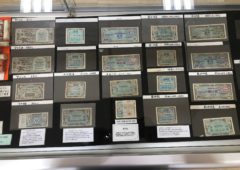 2024.04.22
2024.04.22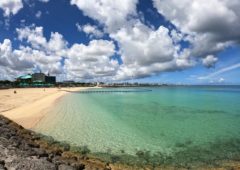 2024.04.10
2024.04.10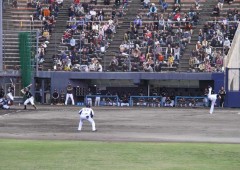 2024.01.31
2024.01.31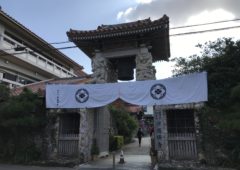 2024.01.02
2024.01.02 2023.12.27
2023.12.27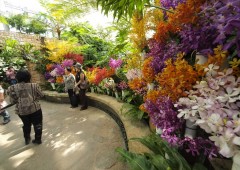 2023.11.16
2023.11.16 2023.11.14
2023.11.14 2023.11.10
2023.11.10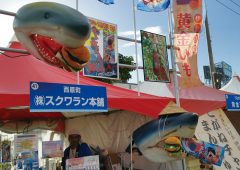 2023.10.26
2023.10.26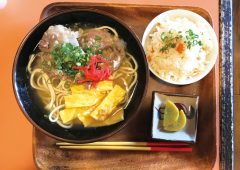 2023.10.16
2023.10.16






